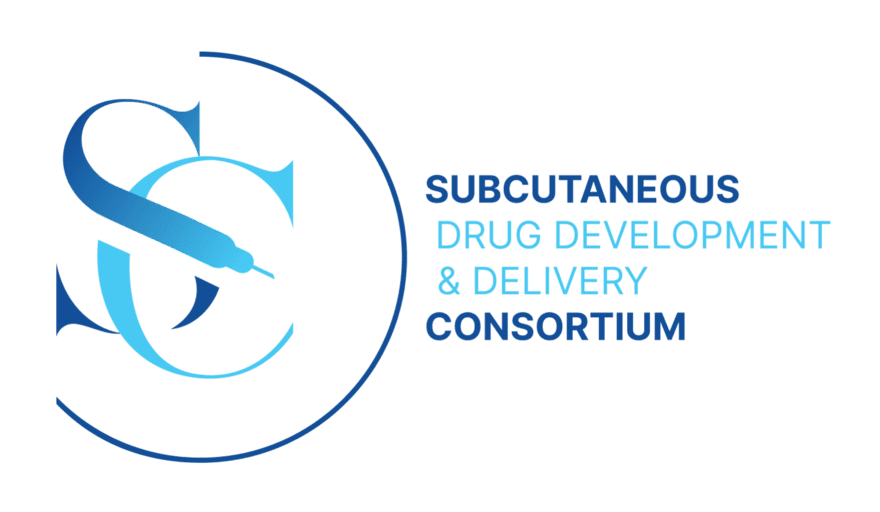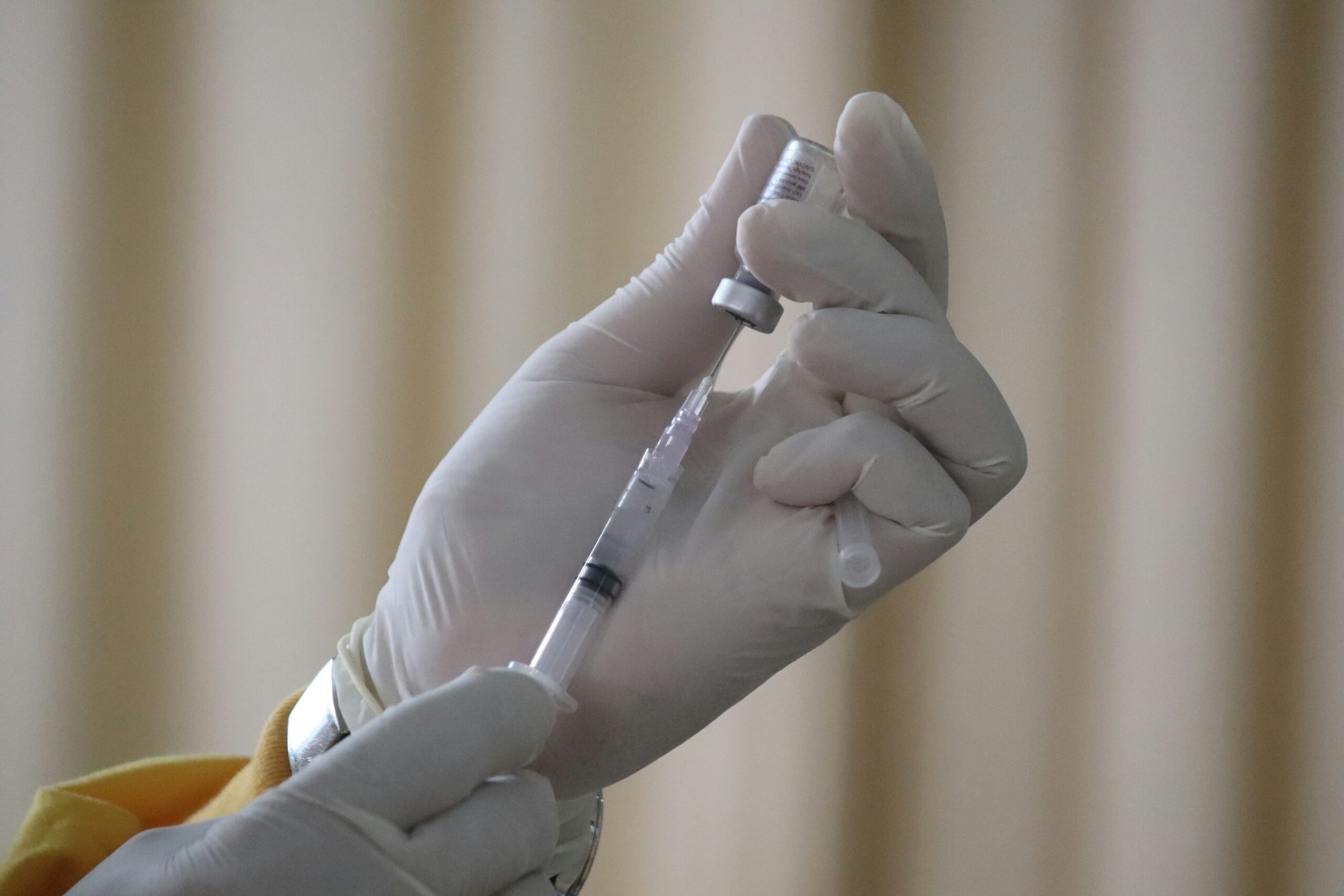‘SC Administration and Immunogenicity Risk; Current Understanding and Future Considerations for Novel Modalities’
In order to focus on the most important considerations for SC product development, developers must have a data-driven understanding of contributing factors to SC and IV immunogenicity (features of the immune response, product attributes, etc.) and correlation to safety/adverse events following SC route of delivery.
The Immunogenicity sub-team of the Subcutaneous (SC) Drug Development and Delivery Consortium is excited to announce their user group taking place May 14th from 1:30 – 5:00pm EST at the Hynes Convention Center, ‘SC Administration and Immunogenicity Risk; Current Understanding and Future Considerations for Novel Modalities’, in association with PEGS Boston.
We invite all professionals in the industry, academic, or government/regulatory sectors with interest in immunogenicity-related considerations for SC product development to attend / participate in the upcoming user group. To register please visit the following webpage.
This User Group will bring industry professionals, academics, and regulatory experts together to share knowledge in better understanding immunogenicity related considerations in subcutaneous product development. The agenda for the User Group comprises a mix of scientific presentations and case studies, followed by a breakout discussion:
Topic 1: Evaluation of subcutaneous associated immunogenicity relative to other routes of administration, and explore where SC administration is a mitigation strategy
Dr. Sathy Balu-iyer is a Professor in the Department of Pharmaceutical Sciences at SUNY – University at Buffalo and is an Associate Dean for Research, School of Pharmacy and Pharmaceutical Sciences. He is an elected fellow of American Association of Pharmaceutical Scientists (FAAPS). His interdisciplinary research involves biophysical, immunological and Pharmacokinetic/dynamic approaches to rationally develop immunotherapy modalities.
- Sathy Balu-Iyer’s presentation will cover mechanistic insight into the subcutaneous immune response, the development of a novel preclinical tool to predict clinical immunogenicity and novel mitigation strategies.
Dr. Amy Rosenberg is a physician-immunologist who trained in basic immunology in Al Singer’s lab in the NIH following medical residency and specialty training in Internal Medicine and Infectious Diseases. She then established a laboratory and performed regulatory duties at the FDA and there, for 33 years (14 as Division Director in the Office of Biotechnology Products), regulated an array of biotechnology products including cellular and protein therapeutics and cell-device combination products.
- Amy Rosenberg will discuss how the subcutaneous route of administration can enhance immune responses to protein therapeutics, as well as patient and product-specific factors that impact immunogenicity. Additionally, she will explore potential ways to target cellular pathways to reduce immunogenicity.
Topic 2: Current perspectives on preclinical and in vitro models for their clinical relevance in demonstrating immunogenicity across different routes of administration (i.e., IV vs. SC administration)
Dr. Ying Chen obtained her PhD in Molecular Pharmacology and Cancer Therapeutics from the University of Buffalo and subsequently completed a post-doctoral fellowship program in Clinical Pharmacology at UCSF. Ying has been a Clinical Pharmacologist at Pfizer for more than 15 years and has co-authored 38 peer-reviewed manuscripts and 35 scientific meeting abstracts. Ying has functioned as the Clinical Pharmacology Lead for several projects including both small molecules and biologics. She has substantial regulatory experience by way of contributions to global health authorities for several NDA/sBLA/sNDAs, participation at the FDA Oncology Drug Advisory Committee, fulfilment of PMR/PMCs and responding to countless regulatory queries. Internally at Pfizer she is recognized as a subject matter expert in the preparation of clinical pharmacology submission documents.
- Ying Chen will provide an exploration of SC associated immunogenicity through presenting clinical data comparing the immunogenicity risk of the same biotherapeutics administered via IV and SC RoA.
Dr. Sophie Tourdot received her Ph.D. in T cell vaccine immunology from the Université Paris Cité, France. Following her postdoctoral trainings at Imperial College London, she worked at the Pasteur Institute on HIV vaccine design then progressed to Stallergenes-Greer and ITS. There, she led the pre-clinical immunology teams, assessing respiratory allergic diseases de-sensitization immunotherapy and vaccines for infectious diseases, respectively. She transitioned to the French National Research Institute for Health and Medical Research in 2012 as a key leadership member of the IMI-funded ABIRISK project, a consortium focused on the analysis of underlying biological mechanisms, clinical relevance, and prediction of unwanted immunogenicity of biopharmaceuticals. Sophie joined Pfizer’s BioMedicine department in 2017 where she now leads the Immunogenicity Sciences group, in charge of immunogenicity risk assessment of Pfizer biologics portfolio at all stages of development. She also acts as Director of Scientific Affairs for the European Immunogenicity Platform.
- Sophiei Tourdot’s will cover in vitro tools commonly used to evaluate product-related immunogenicity risks during the protein design phase and the ongoing debate surrounding the higher immunogenicity risk of subcutaneous versus intravenous administration.
Topic 3: Assess patient-centric subcutaneous formulation attributes (high dose formulations, aggregates, CQAs, process impurities, precipitation, injection rate, location, etc.) contributing to immunogenicity
Dr. Masano Huang is an Associate Scientific Director in the Sterile Product Development Group at Bristol-Myers Squibb, where she worked since 2009. She leads projects with increasingly complex technical challenges in protein characterization and formulation development. Masano relies on expertise in opalescence, equilibrium kinetics, shear/interfacial stress, technology transfer, and non-platform assets to provide strategic and technical leadership to develop and commercialize life-saving therapies
- Masano Huang will present examples of subcutaneous drug product CQAs that contribute to immunogenicity, the levers that affect these CQAs (e.g., formulation, processing, and in-use considerations), as well as the analytical methods to measure them. Good CQA control and understanding will undoubtedly improve patient safety by ensuring consistent pharmacokinetics/pharmacodynamics and proper potency.
Dr. Inta Gribonika obtained a BSc degree in biology from the University of Latvia (Riga, Latvia), working on virus-like particle nanotechnology in the lab of Prof. Kaspars Tars. She was awarded Marie Curie ITN fellowship to pursue doctoral training in immunology with Prof. Nils Lycke at the University of Gothenburg (GU) (Göteborg, Sweden), where she studied mucosal immune responses to oral antigens. As a postdoctoral researcher, she then joined the lab of Prof. Jonas A Nilsson at Sahlgrenska Center for Cancer Research, GU, to focus on the epigenetic remodeling of uveal melanoma. Her current research at Belkaid lab (NIAID) is focusing on skin humoral immunity to commensal microbiota.
- Inta Gribonika will be presenting on the modulation of cutaneous immunity and the induction of dermal tertiary lymphoid organs in response to colonization with the common skin commensal Staphylococcus epidermidis. Their research highlights the role of B cells in maintaining skin immunity and protection against systemic infection.
Breakout Session: Assessment of immunogenicity associated with subcutaneous administration
All User Group Presenters and Attendees will participate in an open forum discussion exploring subcutaneous administration associated immunogenicity. The discussion will draw upon themes from all of our presentations, as well as Immunogenicity considerations in novel modalities (i.e.,mAbs vs T-cell engagers).


